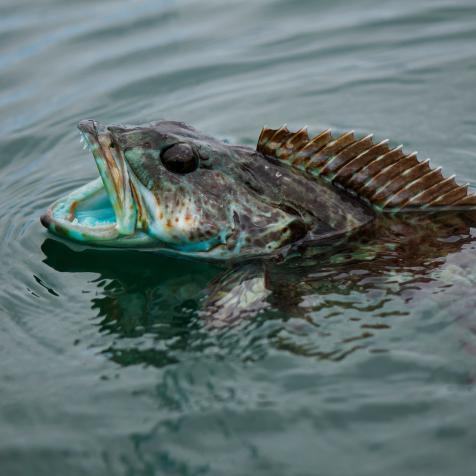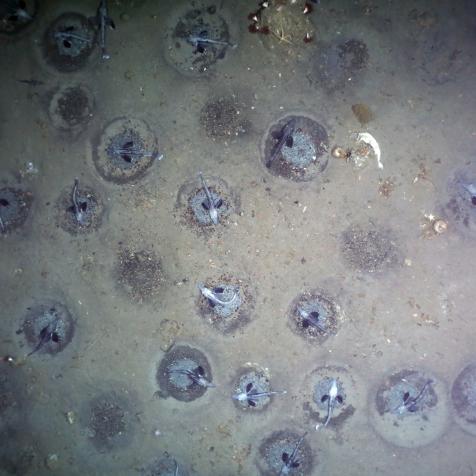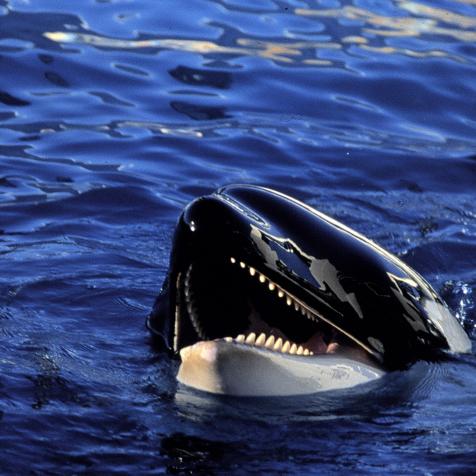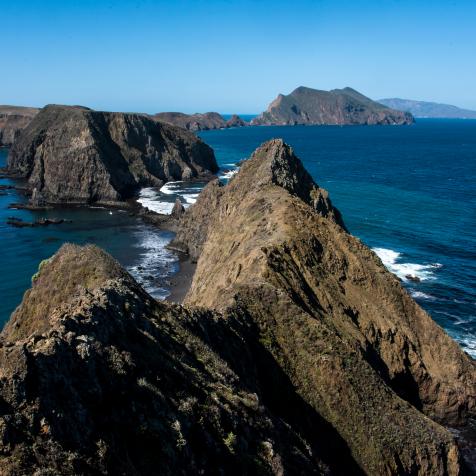
Stephen Frink
Do Dolphins Have a New Skin Care Routine?
A new study on Indo-Pacific bottle-nosed dolphins reveals that pods might rub themselves on coral as a way to keep their skin healthy.
Wildlife biologist Angela Ziltener from the University of Zurich noticed Indo-Pacific bottlenosed dolphins participating in interesting behavior where dolphins would take turns brushing their bodies against sea sponges or corals along the sea floor. Ziltener followed their pods for more than a decade, and after careful observation found that dolphins may use these corals and sea sponges to help maintain healthy skin.
These invertebrates produce antibacterial, antioxidant, and hormonal compounds that are released into the Northern Red Sea when the dolphins make contact. Dolphin pods use the corals like bath brushes and will peacefully gather in line to wait their turn on these “bath brushes”. In other cases, Ziltener has observed individual dolphins arrive alone to patches of coral. This team of biologists noted that dolphins are picky about the type of corals they use, favoring gorgonian corals, Rumphella aggregata, leather corals, Sacrophyton sp., and sea sponges, Ircinia sp.
The team of biology researchers used one-centimeter slices of wild corals and sponges to identify the positive compounds. Ziltener and her colleagues found 10 compounds that had antibacterial or antimicrobial properties. Gertrud Morlock, an analytical chemist at Justus Liebig University Giessen, explained that these compounds might help protect the pods from skin infections or irritations.
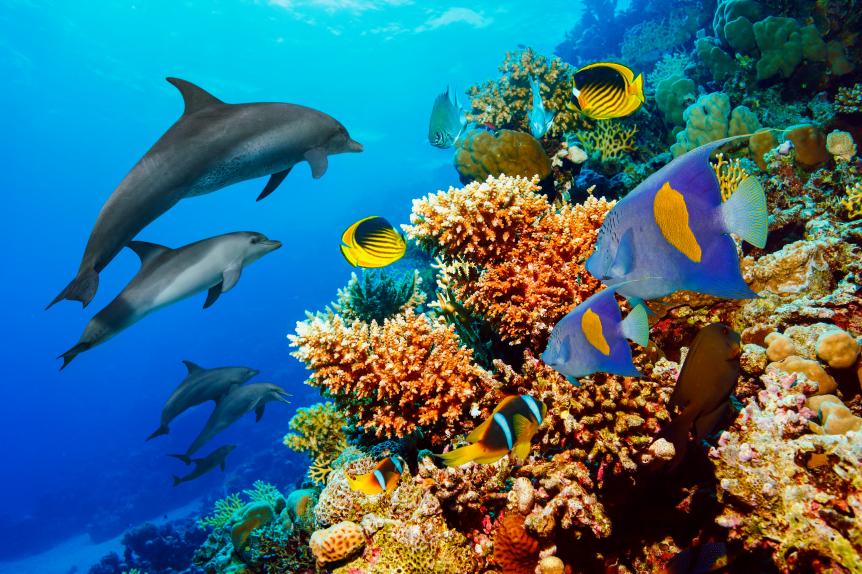
ultramarinfoto
Although this study begins to connect coral with dolphin skincare, scientists believe that additional experiments are needed to confirm the correlation. Ziltener and her team are hopeful that further research will help biologists understand if this “underwater spa” helps cure active skin infections.









